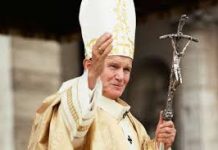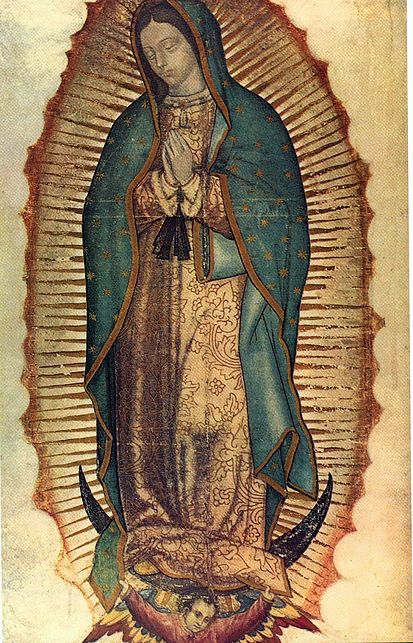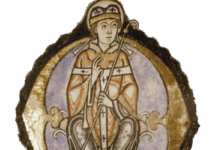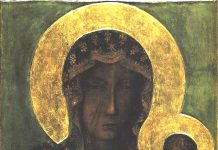Galileo Galilei was born in Pisa, Italy. In his youth he considered several careers: first the priesthood; next medicine at the urging of his father; finally mathematics as his own preference. His keen grasp of geometry especially contributed to his attempt to mathematically map the geography of Dante’s Inferno, for which he received much attention and acclaim. In later years he turned his interest toward inventions, in particular the pendulum clock and various telescopes. His years teaching at the University of Padua increased his fascination with astronomy which became the thing he would be most remembered for. One of the telescopes he invented produced 30x magnification, opening up the heavens as a magnificent spectacle.
It was also during this period that quarrels began to erupt between Galileo and his Dominican and Jesuit critics, highly influential scholars committed to the traditional science of Ptolemy and Aristotle which claimed that the sun revolves about the earth. These were scholars whom Galileo sometimes unwisely did not to treat with respect, and whom he later thought to have been behind his future troubles with the Pope.
But Galileo knew that old Copernicus was right, that the earth is revolving about the sun. He proceeded to demonstrate this mathematically and further imperiled himself by mocking the view of Pope Urban VIII, who allowed that this new heliocentric theory might be true, but that Galileo had not proven it as a fact – which was true. For his persistence Galileo was punished by house arrest for the remainder of his life. It is another of those sad chapters in the history of power politics.
But that chapter was never confined to the seventeenth century. Ever so often it is read and cited again with great flourishes of rhetoric by those who imagine that science and religion must be at eternal war with each other. The truth is that Galileo saw no essential tension between science and religion. All his biographers insist he remained a devoted Catholic throughout the remainder of his life.
There was a reluctance of certain Church scholars to go along with heliocentric theory because of a Biblical passage (Joshua 10:12) that seems to contradict it by calling upon the sun to stand still, but the opposition to heliocentrism was just as much a function of scientific conservatism as anything else. Ptolemy and Aristotle (neither of them Catholics but both supporting the view that the sun revolves about the earth) had ruled the scientific roots of astronomy for thousands of years. As for Joshua 110:12, Galileo was merely following in the tradition of St. Augustine, which was to reason that the Bible shows us the way to go to heaven, not the way the heavens go.
In 1992 Pope John Paul II corrected the mistake of Pope Urban VIII by admitting he was wrong in persecuting Galileo for suspected heresy. The apology was a long time coming, but well deserved. Now if only those who scoff at religion could accept the apology and move on.
Let us give Galileo the last word:
I do not feel obliged to believe that the same God who endowed us with sense, reason, and intellect had intended for us to forgo their use.











